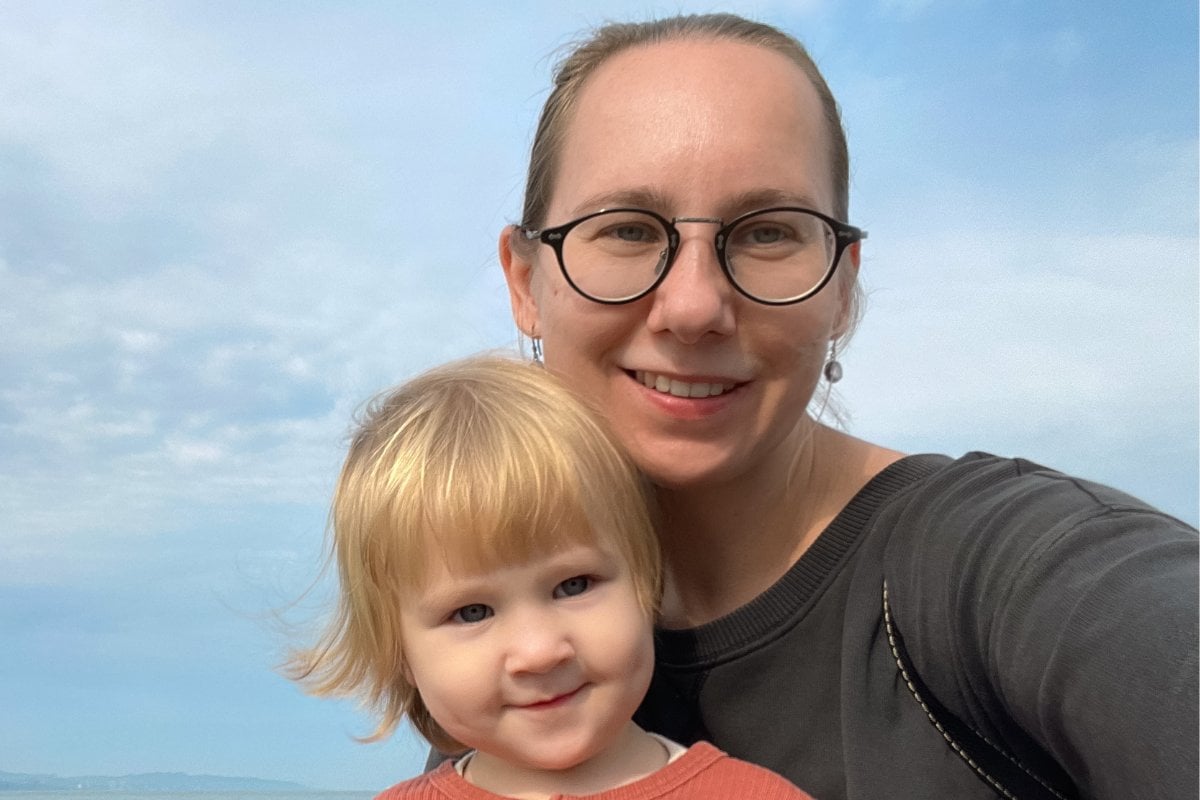
Having a baby is a big moment in your life, when you need support and acceptance from those around you. New parents should be able to expect that support, especially from people you have supported you through big life changes in the past.
This wasn’t my experience when I had a baby though.
Most of my family and friends were amazingly supportive, but there was one big exception.
My sister Anna* came out as trans a few years before I fell pregnant. During this big life event, I listened and offered support. We had always been close, so we went shopping for dresses together and I helped her figure out the best make up for her skin and face structure.
It was a good experience that brought us closer together.
When my husband and I announced we were expecting, my family — including Anna — were supportive and joyful for us, especially after we had experienced a hard time getting pregnant. So I was excited to share after one of our scans that we were expecting a baby girl.
Later in the pregnancy, Anna started asking questions about how we intended to raise our baby. Particularly around what colours we would dress her in and what kind of toys we would steer her towards.
I was a little nonplussed that she felt she had to ask as I had been a fairly tomboyish child and a stanch feminist for years. Of course I would raise my daughter in a way that didn't limit her experience of life because of her gender.
Also, for the first few years at least, a baby is pretty much just a baby.

Top Comments